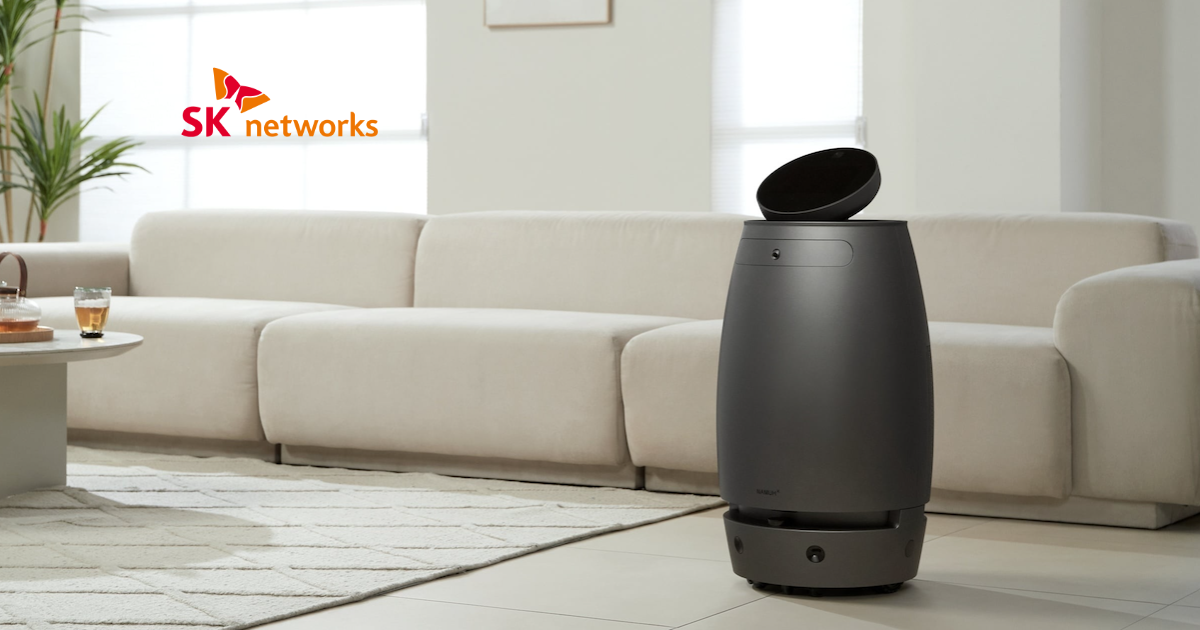As more people use hands-free technology, car voice assistant improvements will continue to add value now and in the future.

It’s no question that the digital car voice assistant is now a mainstream component expected in every car. A Capgemini Research Institute report predicts that by 2022 95% of consumers will use in-car conversational assistants, including voice assistants, in their vehicles.
The rise in popularity of car voice assistants also highlights accurate speech recognition problems from digital voice devices, especially in challenging sound environments like cars. Privacy issues are also an issue with voice assistants overall.
Read on to learn more about digital car voice assistants’ growth, the ways VUI technology can improve the in-car voice experience, and what the future holds for digital car voice assistant technology.

The Rise of Car Voice Assistants
Honda was one of the first automakers to use voice in a car. The company offered a voice-navigation system in 2004 that included voice command-and-control capabilities for audio, DVD, and climate control.
The car voice assistant experience has enabled drivers to have a safe hands-free experience: making phone calls, controlling music, and navigation. Over time, voice recognition technology in cars has improved. Today, car voice assistants are used to order takeout, book services, and schedule appointments.
Both car manufacturers and companies with existing AI assistant products are keen to input on the industry’s growth. For example, Amazon made its car-focused voice assistant, Echo Auto. However, more technology brands are partnering with automobile companies to supply the rising demand for customized car voice assistants.
In-Car Voice Devices Influences Purchasing Decisions
While challenges exist, consumer interest in car voice assistants is an enormous influence in the industry. 72% of automotive executives reported that voice assistants are essential for business and customer engagement strategies.
Another study shows that more than 60% of people who have used a voice assistant while driving factor in the availability of a car voice assistant in their purchase decision.
A third of those surveyed in the Capgemini report said they would pay a premium for an embedded voice assistant in their car. Customized car voice assistants are also a feature that may be a considerable driver in car purchasing decisions, according to a report by Voicebot.

Challenges Facing Voice Assistant Quality
While car voice assistants are steadily growing in popularity, there are still some challenges to overcome. Namely, a moving vehicle is often in a loud environment. Voice recognition technology struggles to cut through the background noise effectively.
Today’s voice technology does not provide reliable speech recognition, especially in such noisy environments. Inaccurate speech recognition causes driver frustration and the need to use a car’s digital touchscreen or manual dials to complete commands. This interaction brings back the risk factors in driving while using smart car technology.
Differences in accents or slang usage also cause inaccurate speech recognition. Although this problem is not unique to car voice assistants, device makers need to address the technology issue to reach its full potential.
“Although there has been a lot of advancements in the voice recognition space, still the speech recognition engines currently work for perfect conditions which do not exist,” Shyamala Prayaga, Autonomous Digital Assistant Vision Lead at Ford, told Forbes.
In the Capgemini report, 50% of consumers said their in-car voice assistant failed to understand them.
Trust is also a significant issue among users of voice assistants in cars and anywhere else. Microsoft found that 52% of users have concerns about personal information and data security when using voice assistants.
Technology that reduces background noise and improves speech recognition, such as Kardome’s AI-driven source separation and noise-reduction technology, will significantly enhance the user experience with car voice assistants.
Customized car voice recognition systems might avoid privacy issues.
What the Future Holds
Thanks to the likes of Siri and Alexa, the modern consumer is used to the idea of a car voice assistant. The next steps should frame the technology as a modern-day essential rather than a luxury.
Consumers are looking for a 24/7 personalized experience when using voice assistants in their cars. A customized voice interaction system that integrates with at-home voice assistants and provides fast and accurate responses to queries motivates consumers to use a car voice assistant.
At the moment, according to Capgemini, 77% of consumers use car voice assistants for entertainment and navigation, 46% book appointments for vehicle services and 45% order niche services, such as food delivery.
Future possibilities include using a car voice assistant to play games with the family while driving.
Consumers are looking for more than just in-car support. This kind of inter-device support will become more widespread. In-car voice assistants will help control conditions within the car and also help with other areas of life.
Consumers increasingly use the interconnected nature of voice assistants. For example, Amazon’s Alexa can control a person's lights, heating, online calendar, and any other smart devices in a home. Using voice command to start a car before leaving the house, open and close the garage, or turning up the heat before arriving home are a few of the ways consumers will use voice assistants more in the future.
Also, as noted above, precise voice interaction technology will be the focus of technology improvements. A well-integrated and functional car voice assistant that provides accurate speech recognition can help achieve the transition from niche users to widespread adoption.
How Car and Voice Manufacturers Can Improve the In-Car Voice Experience
Improving voice recognition technology is the obvious starting point in improving the customer experience with in-car voice assistants.
Educating users and helping them master the basic features of using their car voice assistants will help manufacturers earn trust and relieve privacy concerns.
Finally, as the Capgemini Research Institute notes, integrating the in-car voice experience with at-home functionality and building an ecosystem for the long term will create a lasting benefit for car voice assistant consumers.
Ready to Learn More?
Exciting opportunities lie ahead for automakers who are working to improve the car voice assistant experience. Now is the perfect time to enhance the integration of VUI technology in vehicles. The industry is prime for investment and improvement.
Consumers are used to the idea of digital voice assistants. They're now looking for high-quality products and more diverse uses for them.
If you're keen to learn more about improving the digital car voice assistant experience, contact the team at Kardome. Our expert professionals will be happy to help you better understand our voice user interface technology.












